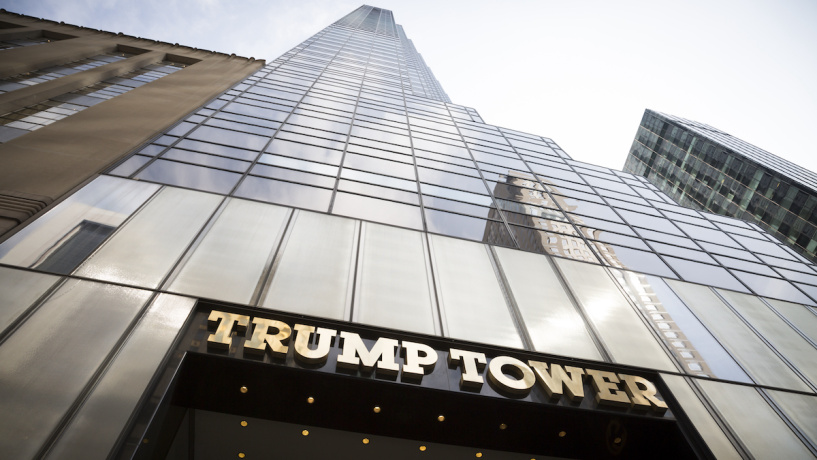What Happens if Trump Fails to Secure an Appeal Bond? A Timely Explanation by Professor Will Thomas

In a new op-ed in the Conversation, Will Thomas, assistant professor of business law, explores the implications of former president Donald Trump’s recent civil fraud ruling from a financial, political, and legal perspective.
On March 18, 2024, the Trump legal team told a New York court that after an exhaustive search, they could not secure a bond for the $454 million penalty. The deadline for securing the bond is March 25, and if the bond is not met, the New York court has a number of recourses. In the article, Thomas gives context to what an appeal bond is and how they function in the legal system.
“The point of an appeal bond is to protect the rights of the party who won at trial. The appeals process can be slow, taking months or even years, and a lot can happen during that period,” wrote Thomas, “An appellant might suffer some unexpected financial hardship – or, more cynically, they might use the delay as an opportunity to sell, hide or otherwise get rid of assets that they otherwise would have to hand over to the trial winner. Securing a bond guarantees that, whatever happens to the appellant, there is someone standing ready to pay the trial judgment when the appeals process is over.”
It may be surprising that a particularly wealthy and influential individual like Donald Trump is unable to secure an appeal bond. However, as Thomas explores in the article, due to his other legal troubles, Trump does not have enough liquid assets to secure a bond, and much of his other assets are in real estate, which bond insurers are unlikely to accept due to the cost and hassle.
With these limitations in mind, Thomas highlights three likely results of Trump’s troubles to secure an appeal bond. Firstly, and the least damaging scenario for Trump, is the New York appellate court halting the collection of New York's judgment against Trump, potentially granting this reprieve with no bond or accepting a proposed partial bond of around $100 million.
“If I had to guess, I suspect that something like this is the most likely outcome, if only because the other outcomes are so bad,” wrote Thomas.
Other potential avenues for Trump include selling assets to raise funds for the bond, a move that is highly disadvantageous due to the unfavorable selling conditions imposed by the need for rapid liquidation. In the vain of liquidity, bankruptcy is also a viable legal protection.
Lastly, the state of New York could exercise its right to seize Trump's properties to fulfill the judgment. Attorney General Letitia James has indicated a willingness to pursue this route if a bond is not provided. The seized assets could then be sold, although it is more probable the state would retain them until post-appeal procedures to cover any potential changes to the judgment amount.










